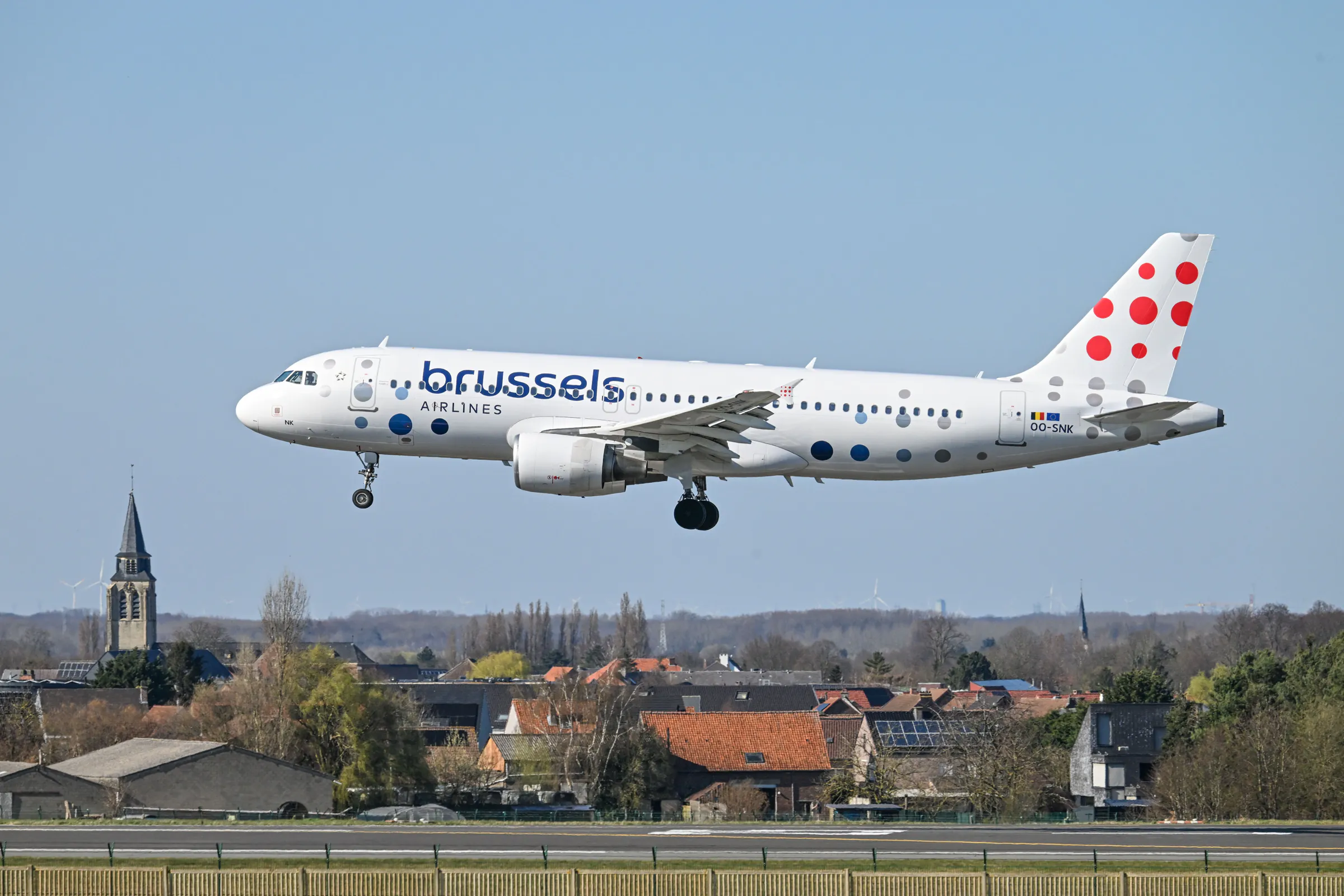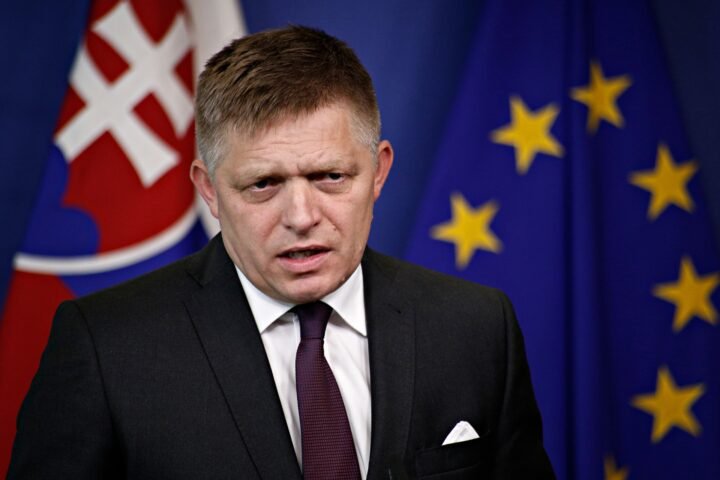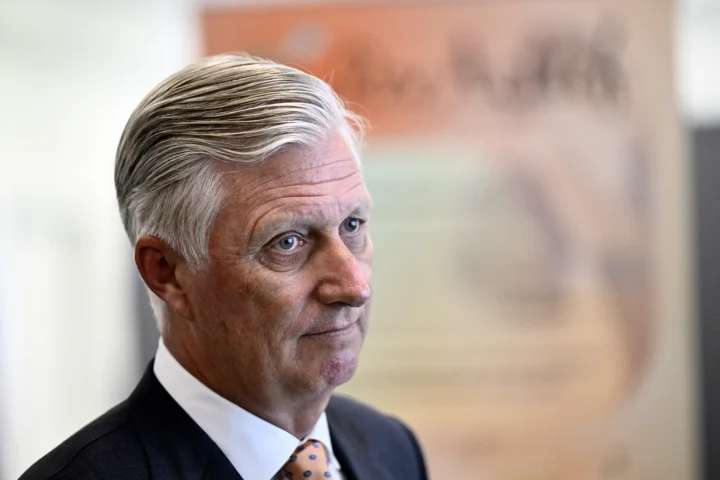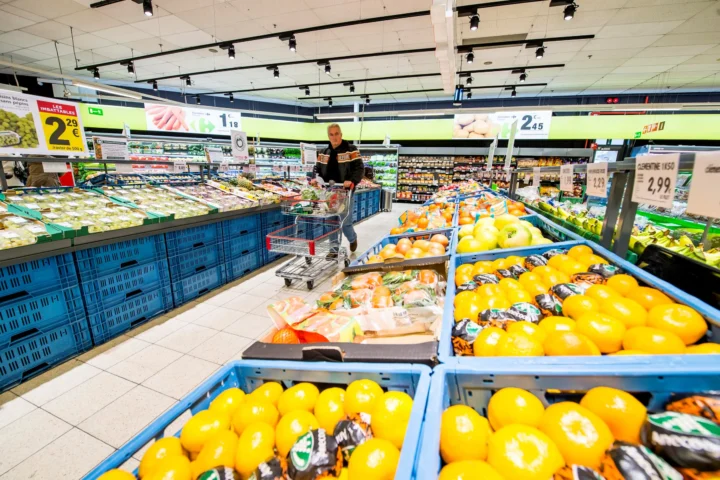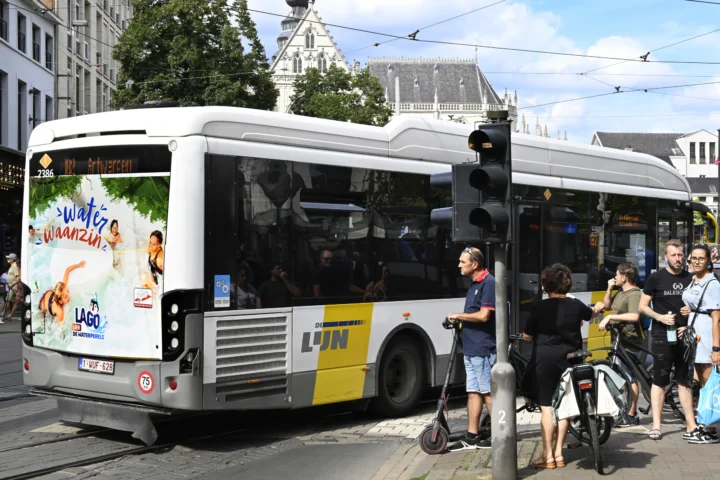Brussels Airlines reported an adjusted operating loss (EBIT) of 53 million EUR in the first quarter of 2025. The company announced this on Tuesday morning. While still in the red, the result marks a 9 per cent improvement compared to the same period last year. The airline, a subsidiary of the German group Lufthansa, says it remains confident of turning a profit this year.
The company pointed out that a first-quarter loss is not unusual in the aviation industry. “There are three major factors that put pressure on our result during the first quarter,” Brussels Airlines said.
One such factor was domestic social unrest. The airline estimates that three national demonstrations in Belgium cost it a total of 5 million EUR. Another challenge came from political instability in Central Africa, which disrupted several of the airline’s routes to Sub-Saharan Africa.
Additionally, several long-haul aircraft underwent both scheduled and unexpected maintenance. To keep flights running, Brussels Airlines had to hire temporary capacity, leading to additional costs.
Cautious optimism
Despite these headwinds, the airline remains optimistic. “We will continue to work to be sustainably profitable, also in 2025,” said CFO Nina Öwerdieck. “We are expanding, but we are keeping our costs under control. We now hope that the government and the social partners in Belgium can quickly find solutions to stop the social conflict. The strikes have a major impact on our customers and their travel plans. More strikes during the busy summer season could have serious financial consequences for Brussels Airlines.”
Meanwhile, parent company Lufthansa also reported a first-quarter loss. The group posted an adjusted operating loss of 722 million EUR, although this represents a 15 per cent improvement year-on-year. Revenue rose by 10 per cent in the quarter to 8.1 billion EUR.
Uncertainty with summer travel
Still, Lufthansa warned that the outlook for the crucial summer travel season is uncertain. The airline group cited trade tensions between the United States and Europe and changing consumer behaviour amid economic uncertainty as key risks. A task force has been established to monitor demand and adjust capacity accordingly. Lufthansa did note that falling fuel prices could help offset weaker ticket sales.
